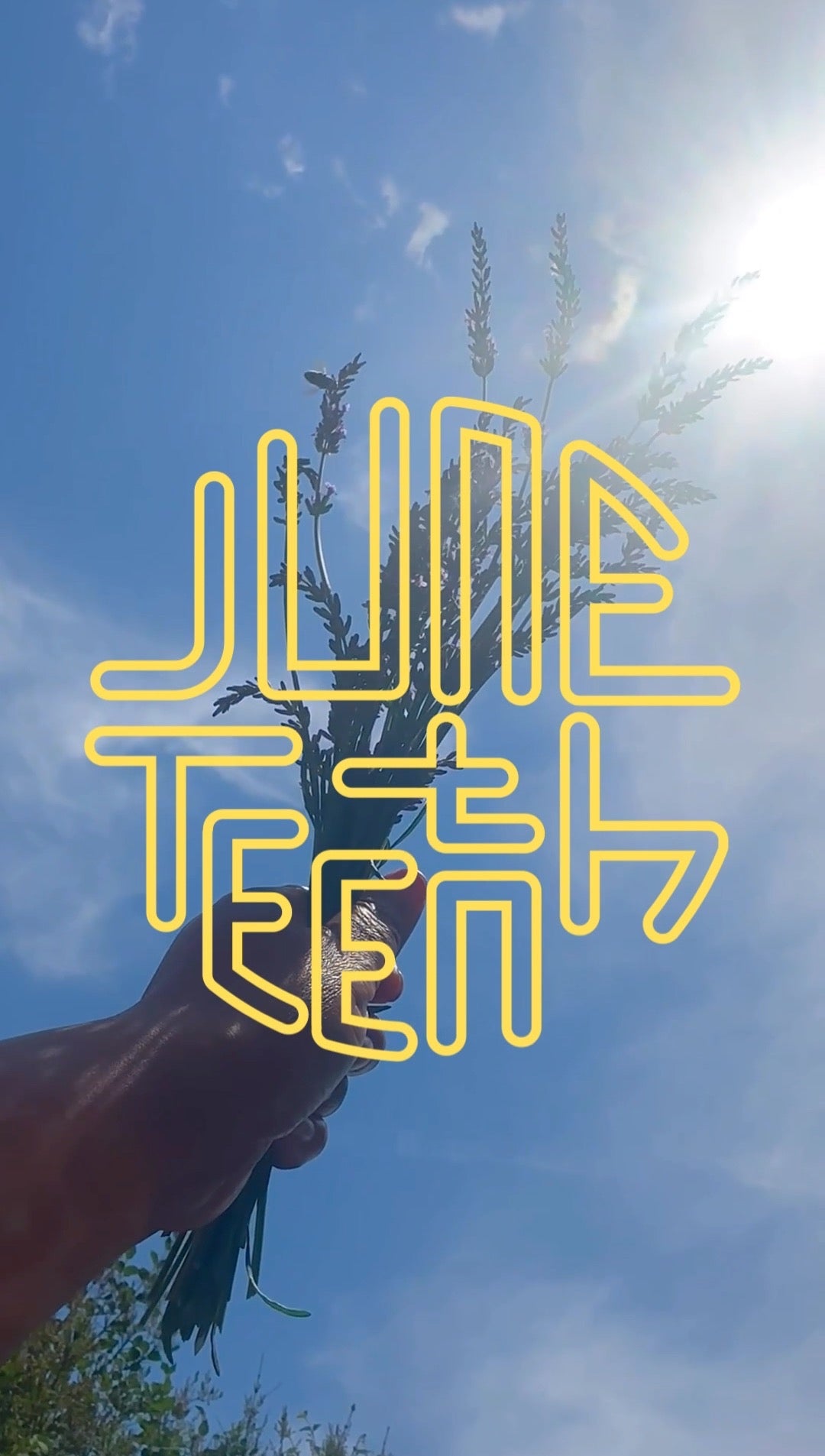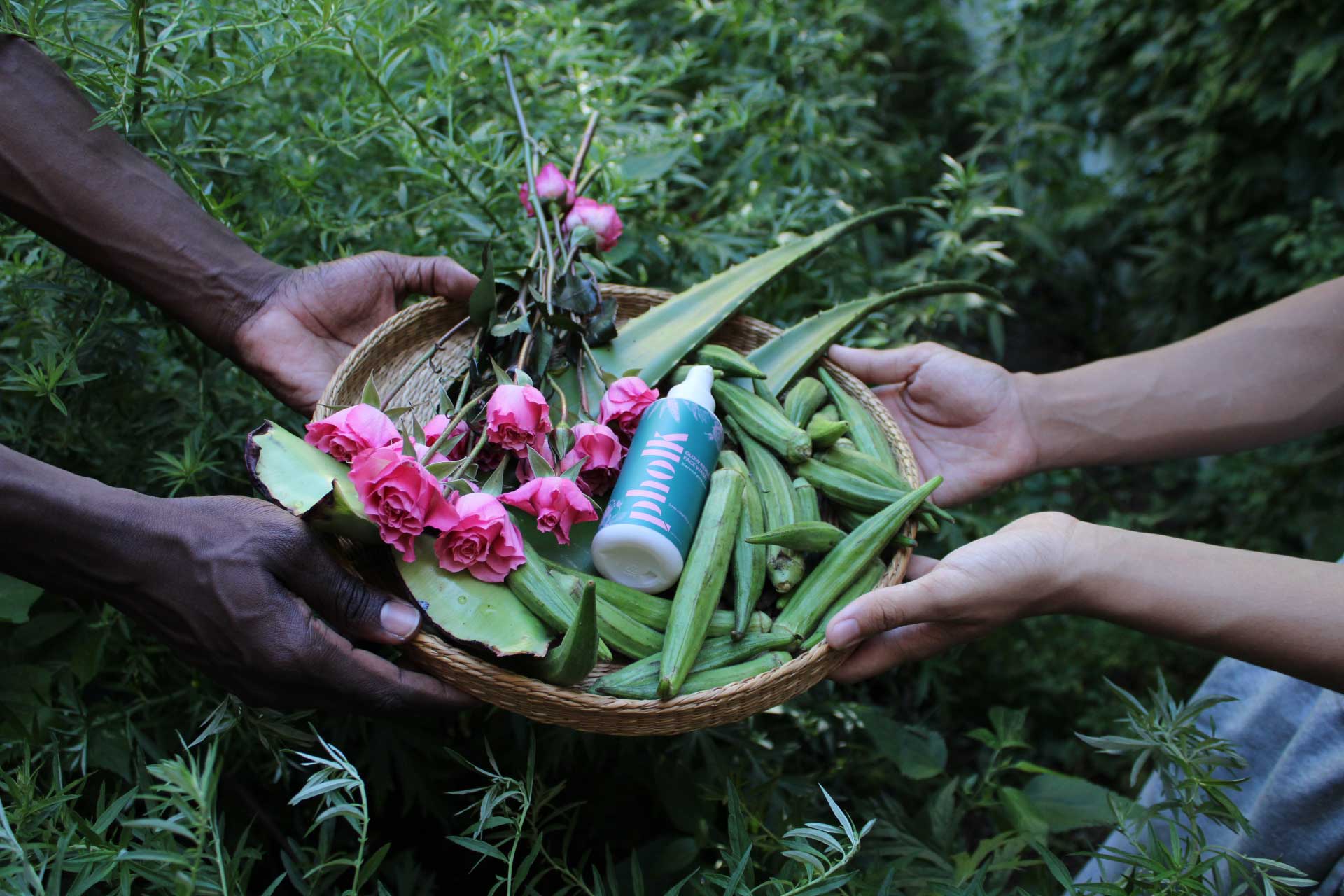Happy Juneteeth!
Like most late Spring mornings, this Juneteenth morning I took my coffee and headed to my back yard. The lavender-infused breeze stopped me in my tracks! Overnight, my garden’s lavender patch had fully bloomed.
Now, to be honest, I don’t pay much attention to my lavender because it never fully dies off. In winter it’s there for me to occasionally pluck off a bitter, greyish sprig. During the growing season, I’m more drawn to my proud rose bush, my burst of May peonies, my bountiful collards. And, if you know me, then you know I’m completely obsessed with my honeysuckle!
But this Juneteenth morning, lavender had my full attention.
What strikes me most today is how lavender has been an herb of resilience for so many cultures across the globe. This herb, with roots stretching back to the Middle East and Mediterranean, found its way to the Appalachian region, intertwining with our histories and healing practices.
Black herbalists have used it for generations to soothe skin wounds, stomach upsets, to protect against illness, and calm the nerves. Afro-Appalachian healers also turned to lavender to ease grief, heartbreak, and to give ourselves permission and grace to allow for joy and easier paths in life.
For me personally, the folk origins of lavender’s Middle Eastern roots reminds me hold the memory of how we are all connected. Today on Juneteenth, I am centering Black joy, Black ease and Black healing. And I’m so grateful that our country is beginning to recognize that Freedom Day is for all Americans.
But as Lavender Season is upon us, whether you sip it, grow it, buy bundles at the Farmer’s Market, or enjoy it in our Eucalyptus Mint Werkacita, I invite you to join me in seeing it as a reminder to cultivate connection, and collective healing and liberation.
Give Love, Grow Love,
Niambi


